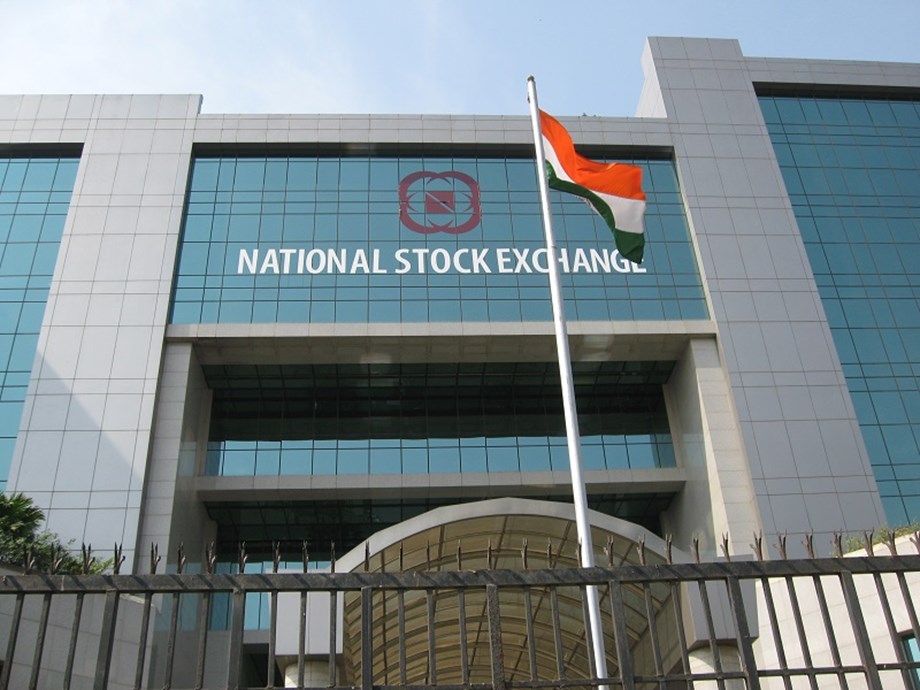
Lrise in consumer prices in turkey a new milestone was reached in January, approaching 50% over one year, a figure at the highest level since April 2002 due to the fall of the Turkish lira in 2021.
In January, inflation reached 48.69% in the country over one year, according to official figures released on Tuesday.
In December, consumer price inflation was 36.08% year-on-year.
Inflation is now a hot topic in Turkey less than eighteen months after the next presidential election, with opposition and some economists accusing the National Statistics Office (Tüik) of underestimating more than half.
A group of independent Turkish economists claim that inflation exceeded 110% in January.
This lack of confidence in official statistics was reinforced by a recent decision by the President Tayyip Erdogan was adoptedwho resigned as director of Tuïk last week, the fifth representative since 2019.
The head of state, who was accused of pushing higher prices by pushing the central bank to systematically lower interest rates in recent months, promised in January that “inflation will return to single digits as fast as possible. can”.
To defend his “low rates” policy, Mr Erdogan has repeatedly pushed Islam ‘s orders, which prevent obesity.
Contrary to classical economic theories, the Turkish president believes that high interest rates promote inflation.
But its monetary policy and the lack of independence of the central bank? Mr Erdogan has removed three governors since 2019? but accelerated the fall of the national currency (-44% against the dollar in 2021), leading to a dramatic rise in prices.
? “with God’s help”?
The Turks will have to “carry the burden of inflation” for some time “yet”, he warned Monday, confirming, however, that “we have entered a period in which every month will be better than before. God’s help “.
Turkish Economy Minister Nureddin Nebati also said this week that inflation would peak in April, “below 50%”.
But he has already announced this peak for January, ensuring that inflation would then fall to return to a single digit in June 2023, the date scheduled for the next presidential election.
Turkey has been virtually double-digit inflation since early 2017, with the highest consumer price rise since President Erdogan’s Justice and Development Party (AKP) came to power in late 2017. 2002.
For some basic products such as eggs, meat and oil, inflation is even higher and makes the cost of living difficult for many Turks. The price of energy bills also exploded, with the country heavily dependent on imports.
In this politically explosive context, the Central Bank of Turkey kept its prime rate unchanged at 14% at the end of January, a decision aimed at easing inflation and easing markets after four consecutive months of downturn. heavy for the year 2021 for national and consumer currencies.
President Erdogan also raised the minimum wage on 1 January by 50% (from 2,825.90 to 4,253.40 pounds, or about 275 euros). But this increase has already been partially destroyed by the economic situation.
In an attempt to halt the fall of the Turkish lira, Mr Erdogan announced at the end of December the creation of a savings mechanism that would allow the value of certain bank deposits in pounds to be adjusted to the dollar rate.
This emergency measure, which aims to encourage the Turks to invest or convert their savings into pounds, has resulted in a sudden but temporary rebate in the national currency, which many economists attribute to the interventions. which Turkey’s central bank has repeatedly done in the ranks.
03/02/2022 09:34:17 – Istanbul (AFP) – © 2022 AFP
Start investing your money in cryptocurrencies and get Free Bitcoin when you buy or sell 100$ or more if you register in Coinbase





